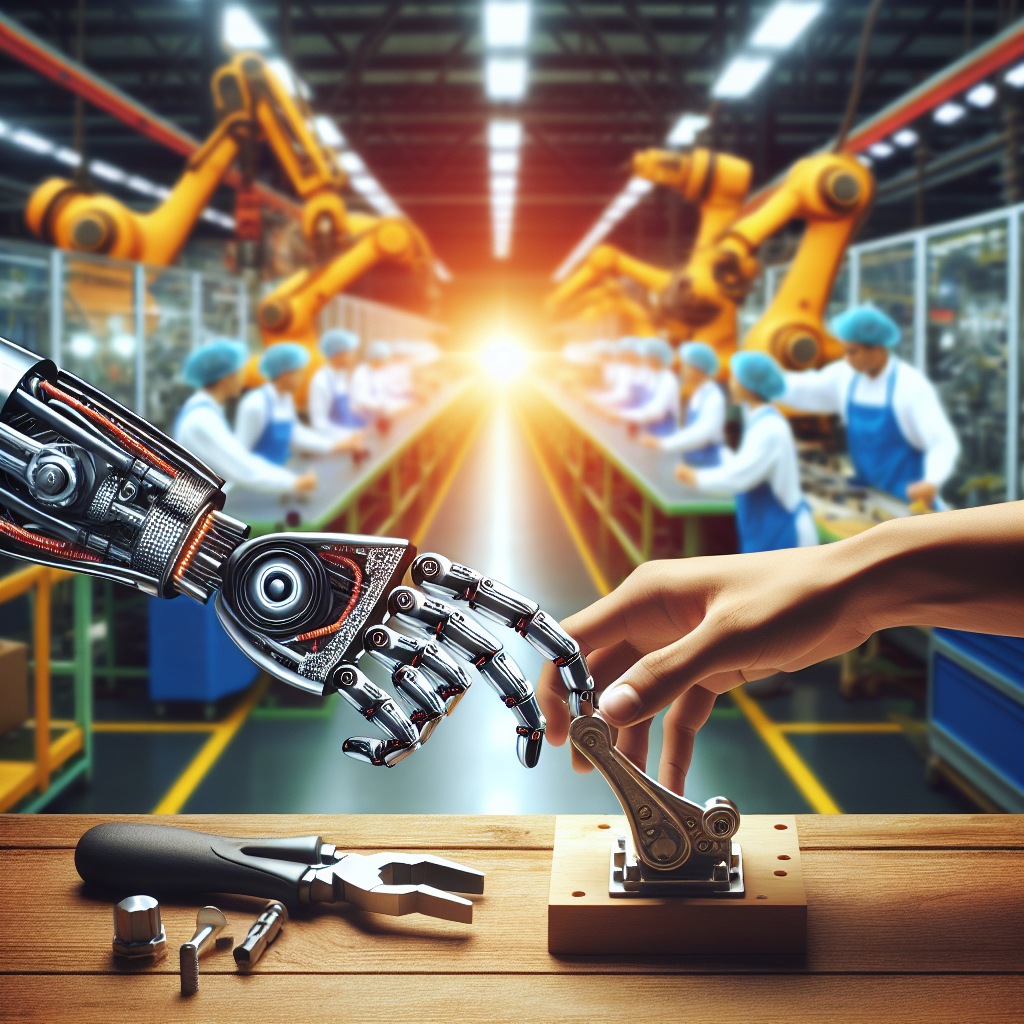The swift progress of technology, particularly in the realms of artificial intelligence (AI) and robotics, has ignited intense discussions regarding the future of employment. As automation increasingly permeates various sectors, many workers ponder: are robots coming for our jobs? This article delves into the impact of technological evolution in the workplace, highlighting both the opportunities and challenges it presents.
The Surge of Automation
Automation has been altering industries for many years, yet its recent rapid growth has prompted concerns. With manufacturing robots collaborating with humans and AI systems that analyze data at remarkable speeds, technology is driving productivity to unprecedented heights. Automation is especially prominent in industries such as manufacturing, logistics, and customer service, where machines can effectively manage repetitive tasks.
Industries Most Affected
-
Manufacturing: Robots have been integral to factories for years, assembling products with speed and accuracy. While this has boosted efficiency, it has also resulted in job losses for manual laborers.
-
Retail: Self-service kiosks and AI-enhanced inventory management have optimized operations but significantly reduced the workforce in customer support roles.
-
Healthcare: AI is transforming diagnostics and patient care, raising concerns that medical professionals may be overshadowed by machines.
- Transportation: Autonomous vehicles promise improved safety and efficiency, yet pose a threat to driving jobs, a sector that employs millions.
The Job Replacement vs. Job Transformation Dialogue
While certain jobs are certainly at risk of becoming obsolete due to automation, it’s imperative to also discuss job transformation. Rather than simply erasing jobs, technology frequently alters the nature of work itself.
Job Creation in Technology
Historically, advancements in technology have generated new employment opportunities. The growth of robotics has led to an increased demand for skilled workers in areas such as AI programming, robotic maintenance, and data analysis. These positions often require different skill sets and typically offer higher salaries compared to traditional roles.
Reskilling and Upskilling
To navigate this shifting landscape, continuous learning will be crucial for employees. Companies and governments are acknowledging the need for reskilling initiatives to equip workers for future jobs. Upskilling programs can facilitate the transition of employees into roles that machines cannot easily replicate, focusing on skills like creative thinking, emotional intelligence, and complex problem-solving.
Harmonizing Human and Machine Labor
The workplace of the future is likely to feature not a choice between humans and robots, but a partnership between them. Many experts contend that the most successful organizations will be those that harness the strengths of both human talent and machines.
Advantages of Collaboration
-
Boosted Efficiency: Robots can perform mundane tasks, allowing human workers to focus on more creative and strategic endeavors.
-
Improved Accuracy: Machines can minimize errors in data processing, enhancing overall quality across various sectors.
- Greater Safety: In dangerous work environments, robots can undertake hazardous tasks, thereby decreasing workplace injuries.
The Ethical and Economic Implications
As automation transforms the job market, important ethical issues surface. The uneven distribution of the benefits of automation raises concerns regarding income inequality and economic disparities.
Universal Basic Income
Some policymakers advocate for the introduction of Universal Basic Income (UBI) as a financial safety net for those impacted by automation. This approach aims to offer financial stability to individuals in an uncertain job landscape, enabling them to pursue education or engage in entrepreneurial activities.
Final Thoughts
The question of whether robots are taking our jobs is complex. While automation will undoubtedly eliminate certain roles, it simultaneously offers avenues for growth, innovation, and collaboration. Our ability to adapt, reskill, and embrace a future where humans and machines coexist will be crucial for navigating this evolving landscape. By fostering a proactive approach to the integration of technology, we can ensure that the future workplace is not merely about survival, but about thriving in a new era of work.

